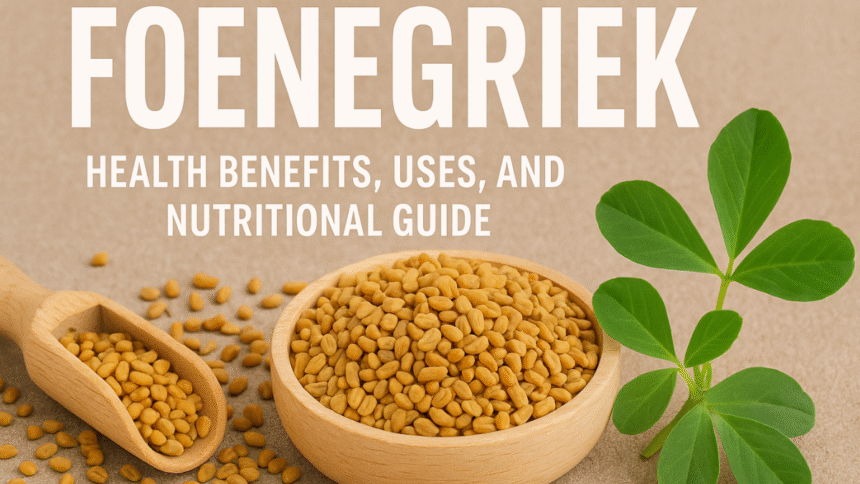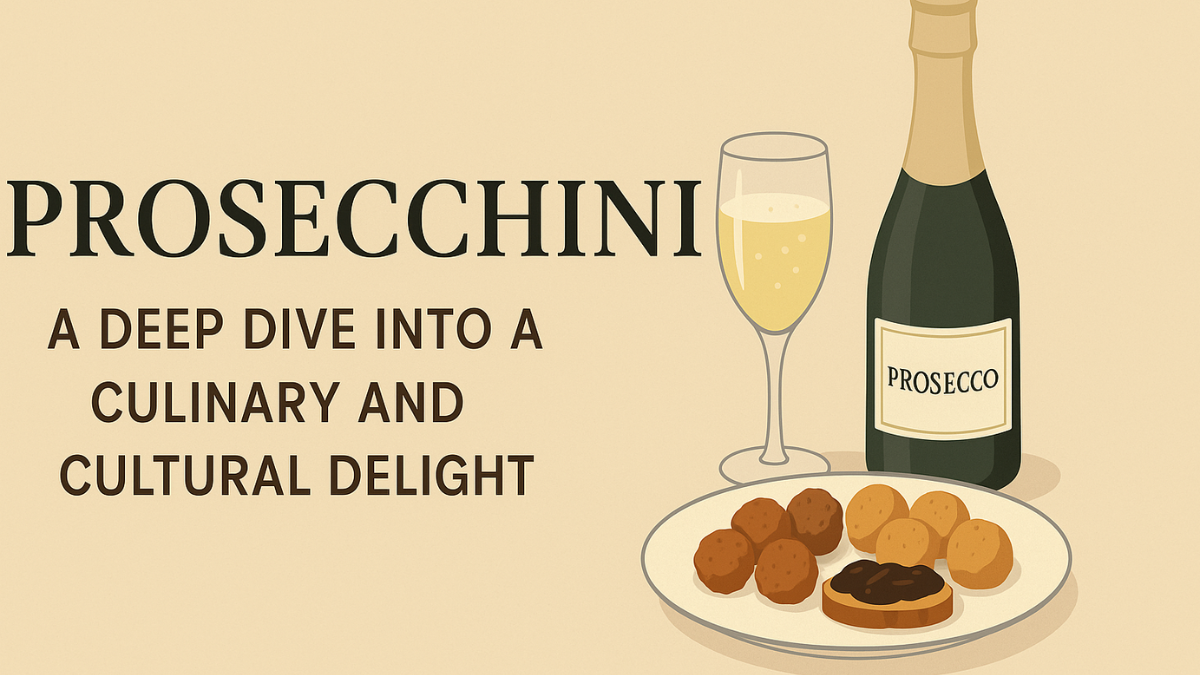Discover the powerful health benefits of foenegriek, its nutritional value, traditional uses, and modern applications. Learn how foenegriek supports digestion, hormones, and overall wellness.
also read: https://usaenliinea.com/lyposingrass/
Introduction to Foenegriek
Foenegriek, also widely known as fenugreek, is an ancient herb with seeds and leaves that have been valued for thousands of years in traditional medicine, cooking, and health remedies. Originating in the Mediterranean, Middle East, and South Asia, foenegriek has earned global recognition for its wide-ranging health benefits and unique flavor.
From aiding digestion to balancing hormones, this small but mighty seed continues to play an important role in both culinary and medicinal practices. In this article, we will take a deep dive into the nutritional profile, health benefits, uses, and practical applications of foenegriek.
The Nutritional Value of Foenegriek
One of the main reasons foenegriek is considered a superfood is its dense nutritional composition. Both the seeds and leaves provide valuable nutrients.
Table: Nutritional Breakdown of Foenegriek Seeds (per 100g)
| Nutrient | Amount | Health Contribution |
|---|---|---|
| Calories | 323 kcal | Provides energy |
| Protein | 23 g | Builds muscles, supports metabolism |
| Carbohydrates | 58 g | Sustains energy levels |
| Fiber | 25 g | Aids digestion, promotes fullness |
| Fat | 6 g | Essential fatty acids |
| Iron | 33 mg | Supports blood and oxygen transport |
| Magnesium | 191 mg | Boosts nerve and muscle function |
| Calcium | 176 mg | Strengthens bones and teeth |
| Vitamin B6 | 0.6 mg | Helps brain health and energy production |
This rich nutrient content makes foenegriek not only a kitchen spice but also a natural health enhancer.
Historical and Traditional Uses of Foenegriek
Foenegriek has a long history rooted in both cuisine and medicine:
- Ancient Egypt: Used for embalming, beauty oils, and to ease childbirth.
- Traditional Chinese Medicine (TCM): Utilized for kidney support and energy balance.
- Ayurveda (India): Applied as a remedy for digestive issues, diabetes, and women’s health.
- Middle Eastern Culture: Seeds are used in bread, pickles, and herbal drinks.
This historical context highlights how foenegriek was more than just a spice—it was seen as a natural healer.
Health Benefits of Foenegriek
Foenegriek provides a wide range of scientifically backed health benefits.
1. Supports Digestive Health
Foenegriek seeds are rich in soluble fiber, which helps prevent constipation and promotes healthy gut bacteria. People suffering from indigestion or acidity often use foenegriek tea to soothe the stomach.
2. Helps Regulate Blood Sugar
Studies suggest foenegriek can lower blood sugar levels by improving insulin sensitivity. This makes it particularly beneficial for people with type 2 diabetes or pre-diabetes.
3. Improves Heart Health
Foenegriek seeds may help lower cholesterol and triglycerides, reducing the risk of heart disease. Its fiber content also plays a role in removing excess cholesterol from the body.
4. Balances Hormones in Women
Foenegriek is often recommended for women experiencing PMS, menstrual discomfort, or menopause symptoms. It may also support lactating mothers by improving milk supply naturally.
5. Boosts Male Health
For men, foenegriek is associated with improved testosterone levels and enhanced stamina. Herbal supplements often include it to support vitality.
6. Supports Weight Management
Because it is high in fiber, foenegriek increases satiety and reduces overeating, making it a natural aid for weight management.
7. Enhances Skin and Hair Health
Foenegriek seeds soaked overnight and applied as a paste can reduce dandruff, promote hair growth, and give the skin a natural glow.
Culinary Uses of Foenegriek
Foenegriek is not only a medicinal herb but also a beloved kitchen spice.
- Seeds: Bitter and nutty, often roasted before use in curries, spice mixes, and pickles.
- Leaves (Methi): Used fresh or dried in Indian curries, breads like methi paratha, and soups.
- Foenegriek Tea: Seeds soaked and boiled in hot water create a soothing drink for digestion.
- Spice Blends: Integral part of Middle Eastern and South Asian spice mixes such as curry powder.
Its versatility in both sweet and savory dishes makes foenegriek an essential culinary ingredient.
How to Consume Foenegriek
There are different methods to incorporate foenegriek into daily life:
Table: Common Ways to Use Foenegriek
| Method | Description | Benefits |
|---|---|---|
| Soaked Seeds | Seeds soaked overnight and eaten on an empty stomach | Improves digestion, balances blood sugar |
| Foenegriek Tea | Seeds boiled in water | Relieves bloating, aids weight loss |
| Capsules/Supplements | Concentrated extract | Convenient for hormone balance and energy |
| Powders | Ground seeds added to smoothies or food | Nutrient boost |
| Culinary Use | Used in curries, soups, breads | Enhances taste and nutrition |
Safety and Side Effects
While foenegriek is generally safe, it should be consumed in moderation.
- Pregnancy: Excessive intake may trigger uterine contractions.
- Allergies: Some people may be allergic, especially those allergic to peanuts or chickpeas.
- Overconsumption: Can cause diarrhea, bloating, or a maple syrup-like body odor.
- Medication Interactions: May interact with diabetes or blood-thinning medicines.
Consulting a healthcare provider before using foenegriek supplements is always advisable.
Modern Research on Foenegriek
Scientific studies continue to explore the potential of foenegriek. Research highlights include:
- Improved insulin resistance in diabetic patients.
- Potential anti-inflammatory properties for arthritis.
- Promising results in hormone therapy and lactation support.
- Use in nutraceuticals for men’s health and sports performance.
These ongoing studies confirm why foenegriek remains a focus in both traditional and modern medicine.
FAQs About Foenegriek
1. Can foenegriek help with hair loss?
Yes, foenegriek seed paste or oil application can strengthen hair roots, reduce dandruff, and support regrowth.
2. Is foenegriek good for children?
In small amounts, foenegriek can aid digestion, but supplements should be avoided unless prescribed.
3. How much foenegriek should be consumed daily?
Around 5–10 grams of seeds or 500–1000 mg of supplement extract is considered safe for adults.
4. Can foenegriek help in bodybuilding?
Yes, it supports testosterone levels and muscle recovery, making it popular among athletes.
5. Does foenegriek increase breast size naturally?
There are claims due to its phytoestrogen content, but scientific evidence is limited.
6. What is the best time to take foenegriek?
Morning on an empty stomach is most effective for digestion and metabolism.
7. Can foenegriek seeds be eaten raw?
Yes, but soaking them reduces bitterness and improves digestion.
8. Is foenegriek suitable for vegans?
Absolutely, it is plant-based and often used as a supplement in vegan diets.
9. Can foenegriek lower high cholesterol?
Yes, fiber-rich foenegriek seeds help in reducing LDL cholesterol levels.
10. Does foenegriek affect body odor?
Yes, heavy consumption may cause a sweet, maple-like body odor due to a compound called sotolon.
Conclusion
Foenegriek is a powerhouse of nutrition and natural healing, offering benefits for digestion, heart health, hormonal balance, weight management, and skin and hair care. Its role in both traditional medicine and modern research shows why it remains one of the most versatile herbs in the world.
Whether consumed as seeds, tea, or supplements, foenegriek can easily be incorporated into daily life. With proper usage and moderation, it can support overall well-being naturally.
also read: https://usaenliinea.com/bntamnh-e/
also read: https://usaenliinea.com/tahhiini/
also read: https://usaenliinea.com/bemyexchange/
also read:https://usaenliinea.com/susbluezilla/
also read: https://usaenliinea.com/ttps-docs-google-com-document-pii-deleted-2/
also read: https://usaenliinea.com/pappedeckel/
also read: https://usaenliinea.com/trucofax/
also read: https://usaenliinea.com/jhonbaby777/







